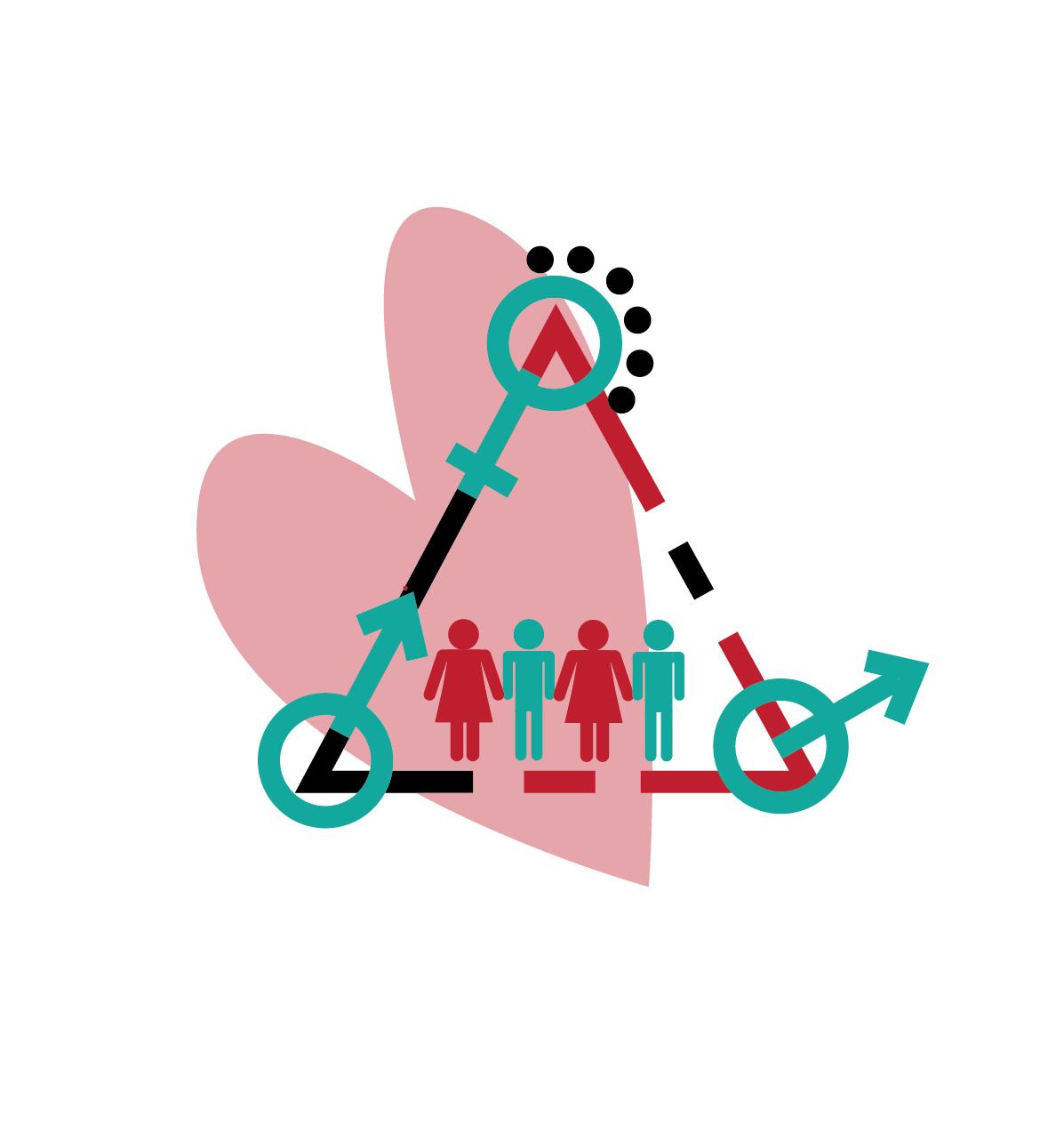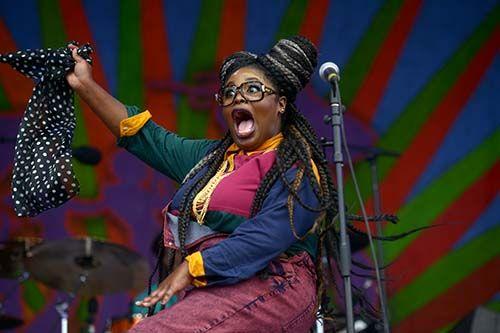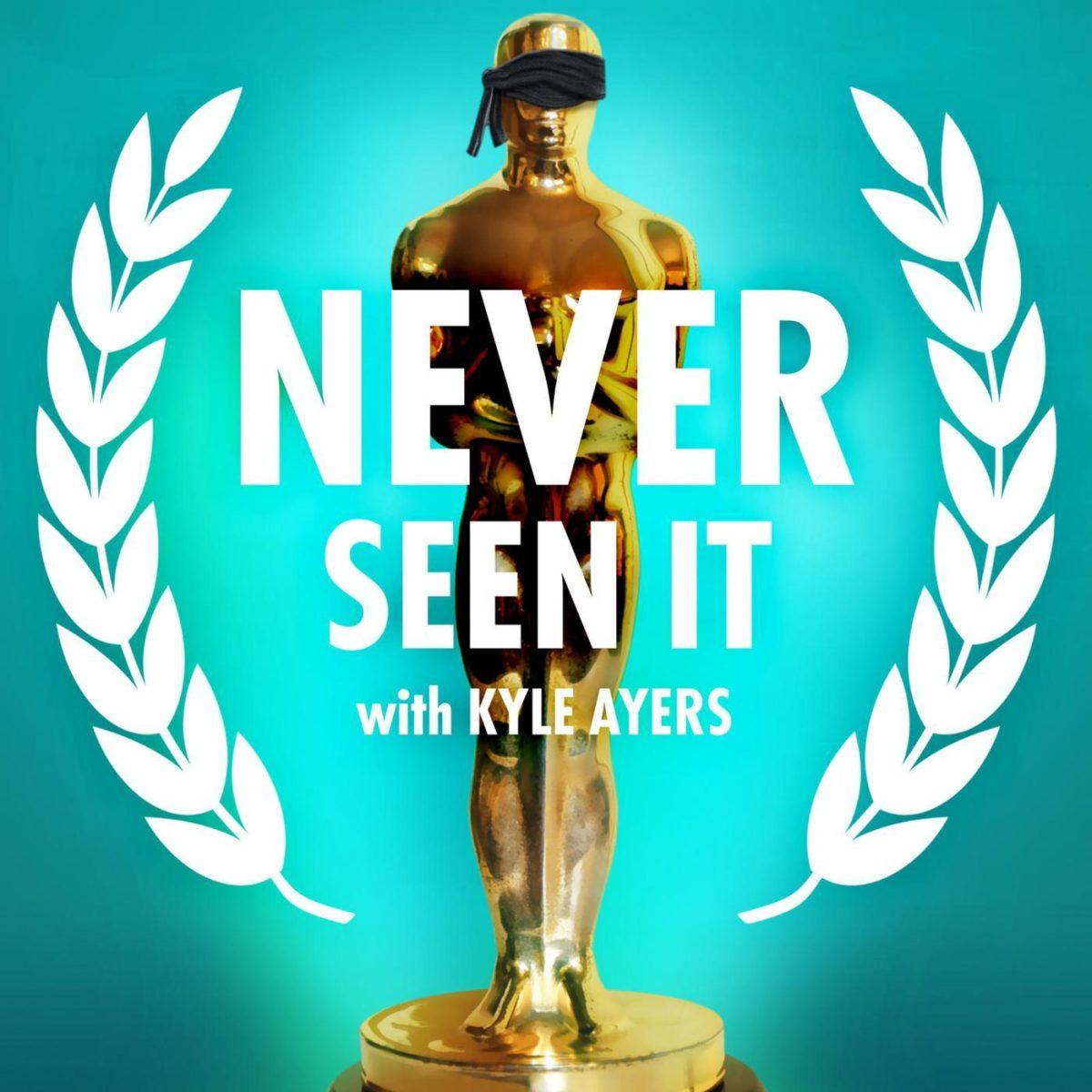With so many differing views, interests and ideas among students on campus, it’s difficult to classify the “typical college relationship.”
Whether it’s a casual hook-up or a long-term committed relationship, every romantic endeavor brings its own challenges. But, these aren’t the only two types of relationships students can find themselves in.
Open relationships are those in which both parties are committed to each other but are also seeing other people. To be successful, this agreement requires lots of communication and the consent of all those involved.
Two students of LSU’s English PhD program, Matt Tougas and his wife Amandine Faucheux, have been married for two years and agreed to an open relationship. Raquel Valverde, an LSU alumna, met Faucheux through their roller derby team and understood that she and Tougas had an open marriage.
“We have to acknowledge that we are all in each other’s lives,” Valverde said. “There is a huge emphasis on communication.”
After trying to work as a triad for two months, the three realized each wasn’t getting what was needed out of the relationship. Valverde said it felt more natural when only she and Tougas were together, so they decided to date without Faucheux.
“I was legitimately ok after the three of us broke up,” Valverde said. “Amandine explained to me that we are metamours, or people not directly involved in a relationship together, just part of it, and would never want something bad to happen to each other because that would negatively affect [Tougas]. In short, we want to foster good will for each other.”
Valverde has been dating Tougas for nine months. Before Tougas, Valverde had only been in monogamous relationships with men.
“We go out to bars and have movie nights, anything any other couple would do,” Valverde said.
Rio Jsanea, a theater senior, also stresses the importance of communication and honesty in a relationship involving more than one person. Jsanea has been a part of several polyamorous relationships in the past, but is currently single.
“Being in a polyamorous relationship, you need to be even more straightforward with your partners,” Jsanea says. “It’s not easy. You have to ask [yourself], is this kind of relationship worth it to you? Are you happy? And is this craziness integrated into your happiness?”
Jsanea chooses to be in a polyamorous relationship because they believe that no one person can complete them and vice versa.
“It’s unrealistic to believe that your partner doesn’t have interests that don’t involve you,” Jsanea said. “We have a variety of needs and natures and you can’t expect one way and one person to work for everyone.”
Jsanea said that in past relationships they were able to share certain interests with one partner more so than the other. This, Jsanea said, allowed them to satisfy all of their needs and desires.
For University journalism senior Hannah Womack and LA Tech civil engineering senior Cody Abshire, varied interests make for an even stronger relationship.
“[Womack] and I have a lot of differences. We bring such different things to the table, and that is what makes it interesting,” Abshire says. “Finding one person that shares a different point of view allows us to get out of our comfort zones and grow as people.”
Womack and Abshire have been dating long-distance for a year and a half. Like Jsanea, they attest that consistent communication is what makes their relationship strong.
“We talk on the phone almost every night and one to two times a day,” Womack said.
Abshire agreed. “We get away from texting and make more phone calls because you can’t communicate very well [through text],” he says. “We are in two separate worlds, so personal phone calls are important.”
Three’s Company: Among casual daters and committed couples LEGACY examines open relationships
November 22, 2016
Three’s Company Relationships






